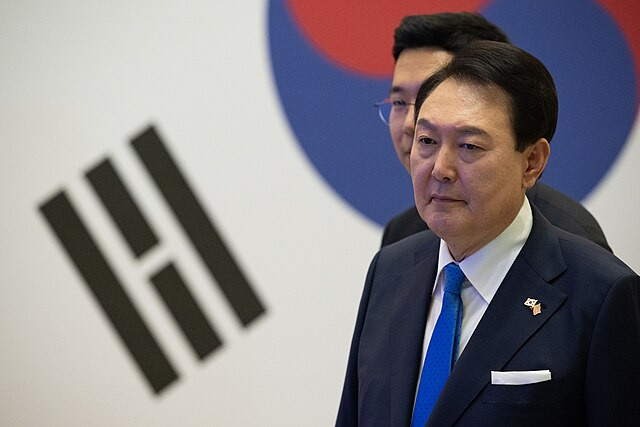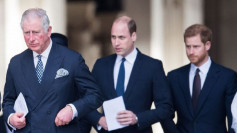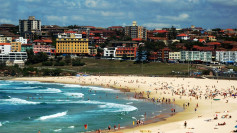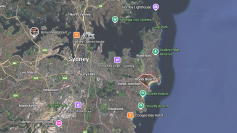South Korean President Yoon Suk Yeol narrowly survived an impeachment vote on Saturday after his brief declaration of martial law earlier in the week plunged the nation into political turmoil. The opposition-led parliament's effort to impeach Yoon failed after members of his own People Power Party (PPP) boycotted the vote, resulting in only 195 ballots cast-short of the 200 required for the motion to pass.
Speaker Woo Won-shik expressed regret over the failure to proceed. "The entire nation is watching the decision being made here at the National Assembly today. The world is watching," Woo said.
The impeachment bid came in response to Yoon's surprise declaration of martial law late Tuesday, granting sweeping emergency powers to the military to counter what he described as "anti-state forces" and threats from "North Korean communist forces." Parliament struck down the decree just six hours later, but the move triggered massive protests and international condemnation.
Yoon addressed the nation on Saturday, apologizing for the upheaval. "I am deeply sorry and sincerely apologize to the citizens who must have been greatly shocked," Yoon said in a televised speech. "This emergency martial law declaration stemmed from my desperation as the ultimate responsible party for state affairs." He vowed there would be "no second attempt" to impose martial law and entrusted his party with stabilizing the political situation.
Pressure continues to mount on Yoon, even within his own party. Han Dong-hoon, leader of the PPP, called for the president's resignation on Friday, citing concerns over his leadership. Han said the president was a danger to the country and needed to be removed from power.
Opposition lawmakers, led by the Democratic Party, have vowed to renew impeachment efforts. Another motion is scheduled for a vote on December 11. Kim Joon-hyung, a member of the Rebuilding Korea Party, stated, "The sooner that he resigns or is impeached, the better for our country."
Thousands of demonstrators took to the streets over the weekend, reminiscent of the candlelit protests that led to the impeachment of former President Park Geun-hye in 2016. Protester Choi Yong-Ho, 60, voiced his determination, saying, "We have to make our voices heard."
Yoon's martial law declaration and subsequent apology were further scrutinized as details emerged of an alleged arrest list targeting opposition figures and critics. According to lawmakers briefed on the situation, Yoon instructed intelligence officials to "arrest and clean everything up," granting the National Intelligence Service authority for counter-intelligence operations. Hong Jang-won, the first deputy director of the agency, confirmed the content of these discussions, calling the proposals "crazy."
The short-lived declaration also drew criticism from international allies, including rare rebukes from senior U.S. officials. Defense Secretary Lloyd Austin canceled a planned visit to South Korea, highlighting concerns over Yoon's actions and the broader implications for stability in the region.






